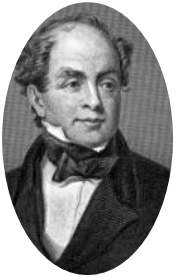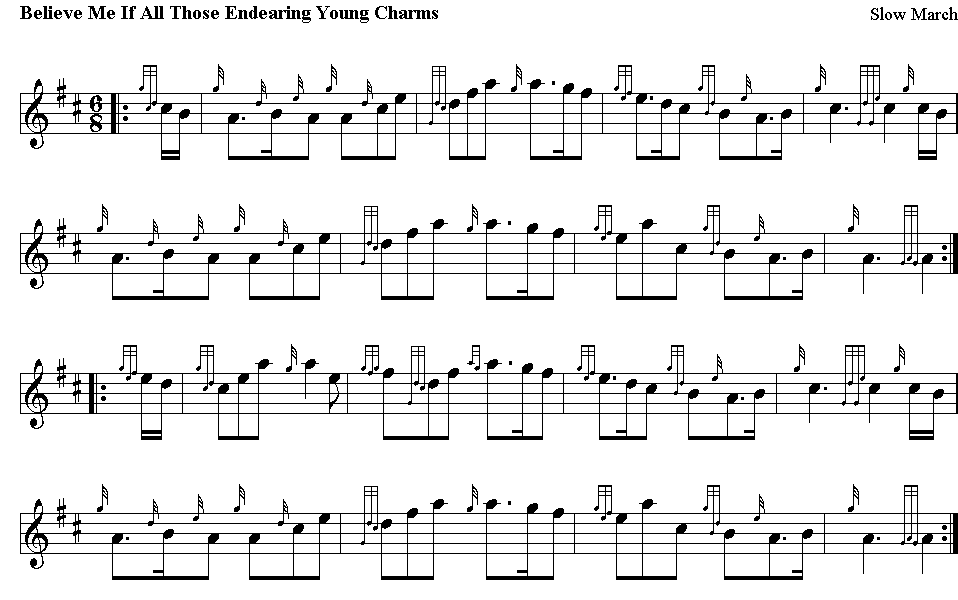"Believe Me, if All Those Endearing Young Charms" is a popular folk song of early 19th century Ireland and America. Irish poet Thomas Moore wrote the lyrics to a traditional Irish air in 1808.
The tune to which Moore set his words is a traditional Irish air, first printed in a London songbook in 1775. It is occasionally wrongly credited to Sir William Davenant, whose older collection of tunes may have been the source for later publishers, including a collection titled General Collection of Ancient Irish Music, compiled by Edward Bunting in 1796. Sir John Andrew Stevenson has been credited as responsible for the music for Moore's setting.
It is said that after Thomas Moore's wife contracted smallpox, she refused to let herself be seen by anyone, even her husband, due to the disfiguring effects of the disease to the skin on her body, and because she believed he could not love her after her face had been so badly scarred. Despairing at her confinement, Moore composed the lyrics of this song to reassure her that he would always love her regardless of her appearance. He wrote later that after hearing him sing to her from outside her bedroom door, she finally allowed him inside and fell into his arms, her confidence restored.
Other than "Believe Me, if All Those Endearing Young Charms", the tune is perhaps best known as the melody to "Fair Harvard", the alma mater of Harvard University. A seventeenth-century folk song, Matthew Locke's "My Lodging is in the Cold, Cold Ground", was set to this tune sometime after its original setting to a different, also traditional, air


